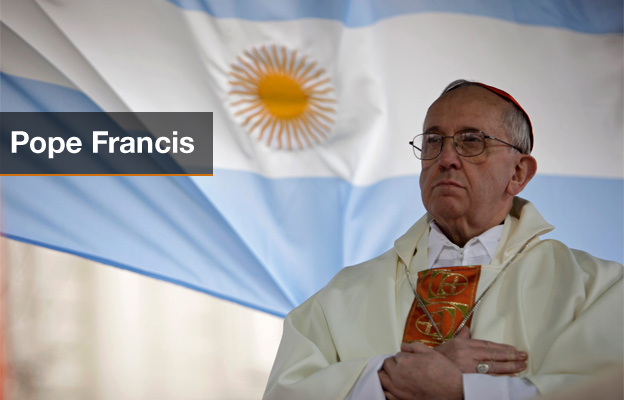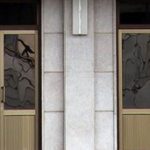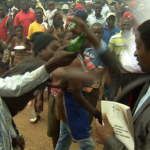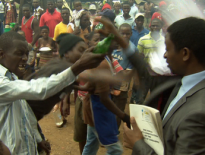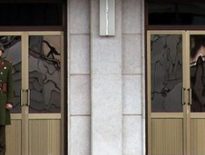The Vatican has denied that Pope Francis failed to speak out against human rights abuses during military rule in his native Argentina.
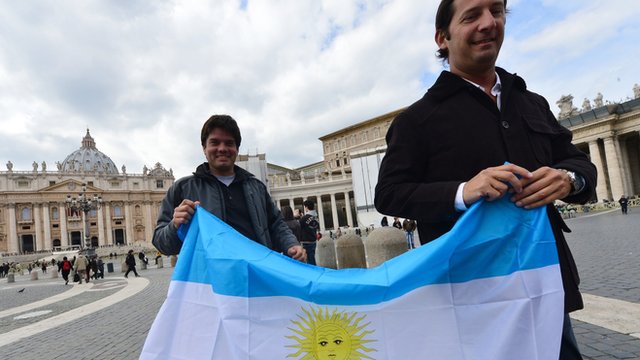
“There has never been a credible, concrete accusation against him,” said Vatican spokesman Federico Lombardi, adding he had never been charged.
The spokesman blamed the accusations on “anti-clerical left-wing elements that are used to attack the Church”.
Jorge Bergoglio, now Pope Francis, led Argentina’s Jesuits under the junta.
Correspondents say that like other Latin American churchmen of the time, he had to contend, on the one hand, with a repressive right-wing regime and, on the other, a wing of his Church leaning towards political activism on the left.
One allegation concerns the abduction in 1976 of two Jesuits by Argentina’s military government, suspicious of their work among slum-dwellers.
As the priests’ provincial superior at the time, Jorge Bergoglio was accused by some of having failed to shield them from arrest – a charge his office flatly denied.
Judges investigating the arrest and torture of the two men – who were freed after five months – questioned Cardinal Bergoglio as a witness in 2010.
The new Pope’s official biographer, Sergio Rubin, argues that the Jesuit leader “took extraordinary, behind-the-scenes action to save them”.
Another accusation levelled against him from the Dirty War era is that he failed to follow up a request to help find the baby of a woman kidnapped when five months’ pregnant and killed in 1977. It is believed the baby was illegally adopted.
The cardinal testified in 2010 that he had not known about baby thefts until well after the junta fell – a claim relatives dispute.
Turned in?
In his book The Silence, Argentine investigative journalist Horacio Verbitsky says the Jesuit leader withdrew his order’s protection from Francisco Jalics and Orlando Yorio after the two priests refused to stop visiting slums.
The journalist is close to Argentine President Cristina Fernandez de Kirchner, who often clashed with Cardinal Bergoglio on social policy.
“He turned priests in during the dictatorship,” Verbitsky was quoted as saying by Reuters news agency.
The man who is now Pope once talked about the two priests to his biographer.
“I warned them to be very careful,” he told Rubin. “They were too exposed to the paranoia of the witch hunt. Because they stayed in the barrio, Yorio and Jalics were kidnapped.”
Both priests were held inside the feared Navy Mechanics School prison. Finally, drugged and blindfolded, they were left in a field by a helicopter.
Orlando Yorio, who reportedly accused Fr Bergoglio of effectively delivering them to the death squads by declining to publicly endorse their work, is now dead.
AP news agency quoted Francisco Jalics as saying on Friday: “It was only years later that we had the opportunity to talk with Fr Bergoglio… to discuss the events.
“Following that, we celebrated Mass publicly together and hugged solemnly. I am reconciled to the events and consider the matter to be closed.”
Adolfo Perez Esquivel, who won the Nobel Peace Prize for defending human rights during the dictatorship, believes Fr Bergoglio “tried to… help where he could” under the junta.
“It’s true that he didn’t do what very few bishops did in terms of defending the human rights cause, but it’s not right to accuse him of being an accomplice,” he told Reuters.
“Bergoglio never turned anyone in, neither was he an accomplice of the dictatorship,” Mr Esquivel said.
